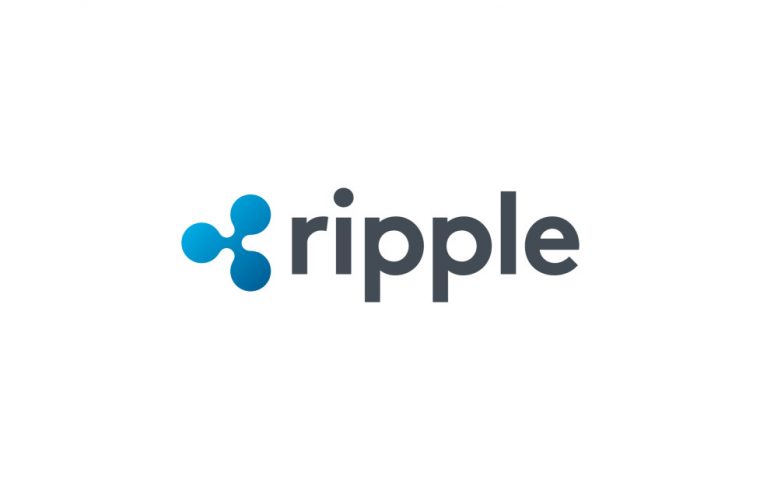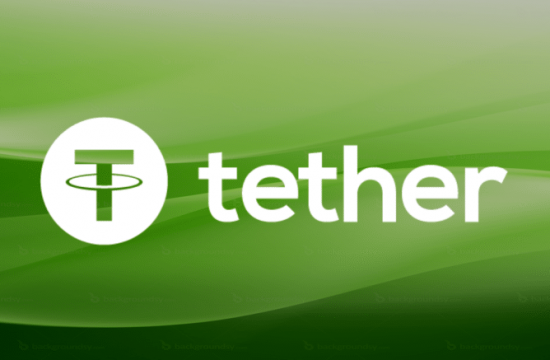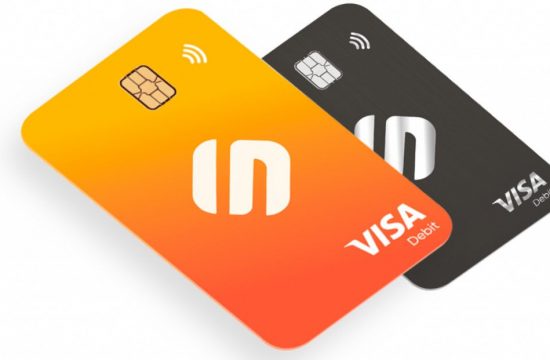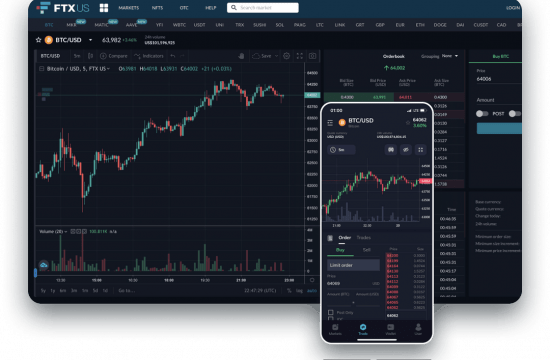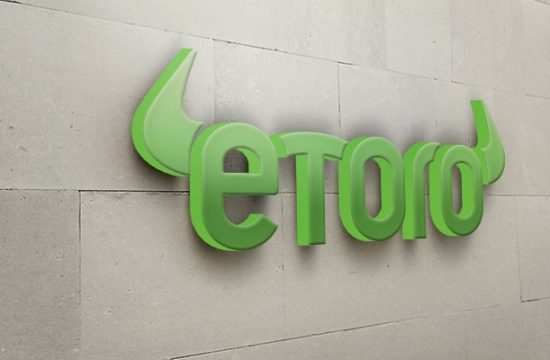Ripple is looking to expand its presence in the APAC region, forming a new partnership with Global Money Express Co. Ltd (GME Remittance), one of the largest non-bank remittance service providers in South Korea. The latter has reportedly joined RippleNet, which, among many benefits, allows it to get connected to Thailand’s oldest bank, Sian Commercial Bank (SCB).
SBI Ripple Asia, a joint venture between SBI Holdings and Ripple, has introduced GME Remittance to Ripple’s enterprise blockchain-based payment solution. The partnership is meant to accelerate and scale payments from South Korea into Thailand.
As noted by Ripple, this alliance caters to 184,000 Thai nationals residing in South Korea.
Wednesday’s agreement with GME Remittance means things are shifting for Ripple’s Korean business into a higher gear. RippleNet, which already has attracted over 300 financial institutions, has signed an existing roster of Korean financial institutions and money transfer companies including CROSS ENF and Sentbe.
“We chose Ripple as our partner because with RippleNet we can launch into new countries with new partners within 1-2 weeks. This has drastically reduced the time to market and provides us with an edge compared to our competitors,” said Subash Chandra Poudel, Director and COO at Global Money Express Co. Ltd. (GME Remittance).
“The remittance corridors requiring high-performance payments to this region are growing exponentially — with people needing to send money round the clock, even on holidays or weekends,” said Emi Yoshikawa, Vice President of Corporate Strategy and Operations at Ripple.
”We’re pleased to partner with a leading payments service provider like GME Remittance to deliver a superior customer experience, while accelerating their expansion into new markets as they connect with our existing network of established partners on RippleNet,” she added.
Ripple is developing several blockchain-based solutions that enable cross-border money transactions between banks in a faster and cheaper way than the current systems. The XRP issuer has recently made significant inroads in Asia as its business continues to face difficulties in the US.
Earlier this year, MoneyGram cut ties with Ripple in light of the ongoing legal fight with the US Securities & Exchange Commission.
Back in December, Nasdaq-listed MoneyGram suspended using Ripple’s under-fire XRP token in forex settlements as part of its cross-border payments process. Ripple had provided incentives to the Dallas-based money-transfer company to use its on-demand liquidity service as part of an agreement signed in 2019.
The decision, understandably, was made in the light of the SEC’s lawsuit against Ripple, which alleges that XRP is a security. However, both companies said they are committed to revisiting their relationship in the future, but apparently this will not happen until the legal rift between Ripple and US regulators clears up.
The SEC’s complaint already mentioned the MoneyGram involvement, describing the money transfer outfit as yet another “conduit for Ripple’s unregistered XRP sales into the market.”


